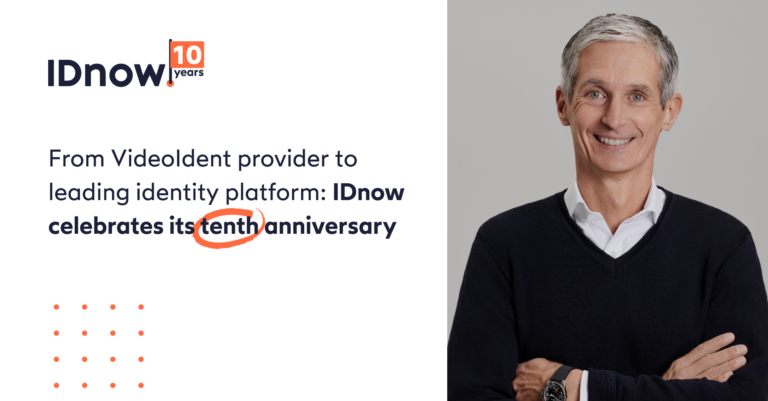What is FINTRAC?
The Financial Transactions and Reports Analysis Centre of Canada (FINTRAC) is the financial intelligence unit of Canada. This means it is a section of the government focused on the detection, prevention, and deterrence of money laundering and other financial crimes, as well as the protection of personal information it obtains.
FINTRAC was founded in 2000 and remains one of 13 different agencies and federal departments in Canada’s anti-money laundering and anti-terrorist financing regimes.
A core focus of the unit is to enforce compliance of the Proceeds of Crime (Money Laundering) and Terrorist Financing Act (PCLMFTA), working alongside other sectors of government and law enforcement.
Also referred to as ‘the Centre’, FINTRAC has a wide-reaching arm throughout Canada, with multiple offices around the country, and directly reports to the country’s Minister of Finance. The organization itself is headed by a Director and Chief Executive Officer, who is appointed by the Governor in Council and supported by eight directors.
What does the Financial Transactions and Reports Analysis Centre of Canada do?
FINTRAC takes on many roles within Canada, with its official focus being the performance of financial intelligence, including as an anti-money laundering and anti-terrorist financing regulator.
The main task of the Centre is to generate financial intelligence for law enforcement and national security agencies, assisting in the investigation of money laundering, security threats, and other financial crime.
In Canada, a major concern of FINTRAC is the PCMLTFA. Acting as a key regulator, the Centre investigates and penalizes entities if they are found to be breaching the regulations set out in the act or are not compliant. Penalties for breaching the PCMLTFA vary depending on the severity of the violation, which includes fines ranging from $500,000 to $2 million, as well as up to five years imprisonment.
Outside of domestic activity, the Financial Transactions and Reports Analysis Centre of Canada is also active on a global stage, working together with various financial intelligence units around the world. This generally comes in the form of information exchange agreements, where FINTRAC agrees to share relevant data and receives necessary data in return from other national financial intelligence units in an aim to battle international financial crime.
Additionally, FINTRAC is also a part of the Egmont Group - “an international network of financial intelligence units that collaborate and exchange information to combat money laundering and terrorist activity financing.”
A list of the Financial Transactions and Reports Analysis Centre of Canada’s responsibilities is outlined through their mandate paraphrased below:
- Collecting financial transaction reports and information in line with the PCMLTFA and Regulations
- Protecting personal information under its authority
- Establishing compliance of reporting entities with the PCMLTFA and Regulations
- Managing an index of money services businesses in Canada
- Generating financial intelligence significant to inquiries of money laundering, terrorist financing activities, and the endangerment to the security of Canada
- Investigating and evaluating data from a range of information sources that provide insight on trends and patterns in money laundering and terrorist activity
- Raising public awareness and understanding of money laundering and terrorist financing activities
How FINTRAC affects the gambling market
With Canada opening up their gaming industry following the passing of C-218, an act fully legalizing online betting, the Financial Transactions and Reports Analysis Centre of Canada is faced with new challenges.
The country will see an increase in iGaming activity, especially in regions like Ontario, which is fully embracing changes in legislation. This means operators will need to consider FINTRAC and the PCMLTFA.
FINTRAC is a key regulator of a number of laws that heavily impact the gambling market. Financial information needs to be reported to the Centre, including large electronic fund transfers and casino disbursements.
There are also certain standards, implemented by the PCMLTFA and heavily enforced by FINTRAC, such as identity verification. Any organization that collects user data and deals with finances must keep detailed user records and identify their clients.
The identity verification requirements are particularly strict, requiring multiple forms of identification, including a government-issued ID, as well as recent images (such as selfies), and liveness detection (a recorded video to prove the user is who they claim to be).
Additionally, there are also strict anti-money laundering, user data protection, and other rules and regulations which are outlined on the FINTRAC website.



